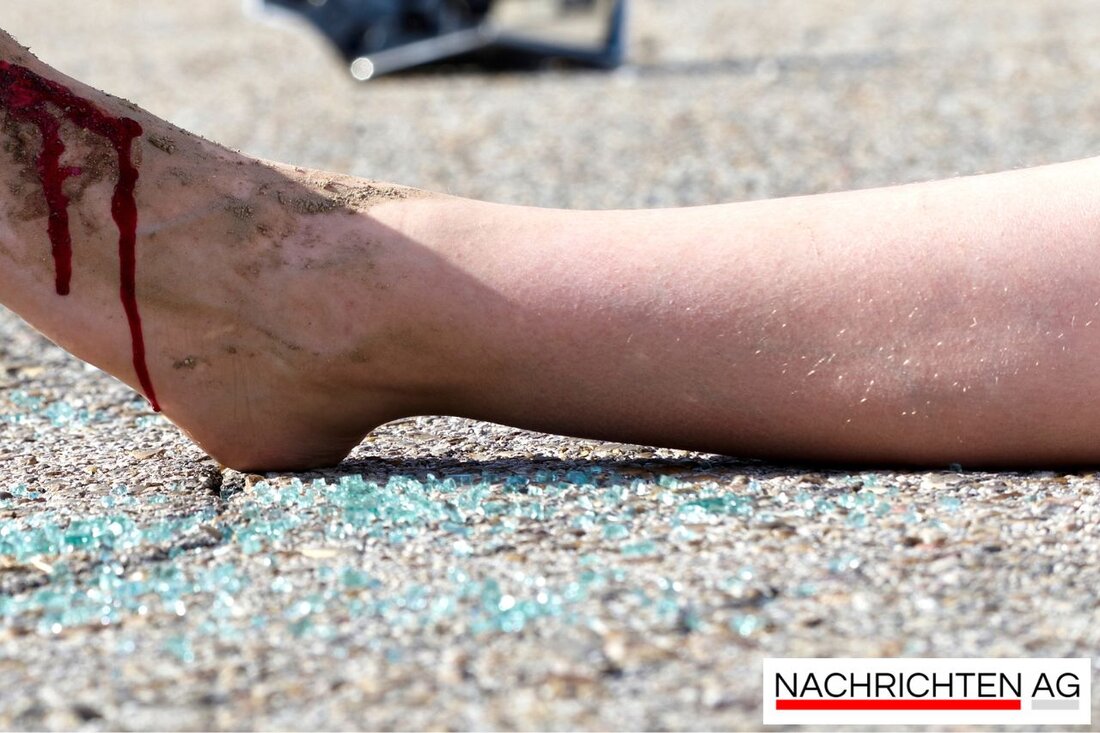Bicycle accident in Bad Münder: woman with serious facial injuries!
Serious bicycle accident in Bad Münder: A 54-year-old woman falls and suffers facial injuries. Helmet requirement?

Bicycle accident in Bad Münder: woman with serious facial injuries!
A serious cycling accident occurred on Saturday, June 14th in Bad Münder, which highlights the shocking consequences of falls without protective measures. A couple was cycling on Süntelstrasse around 4 p.m. when the 54-year-old woman fell onto the road without any outside influence. She sustained serious injuries to her face and had to be taken to a clinic in a rescue helicopter. The incident once again raises the question: How well are cyclists protected on their tours?
Police emphasize the importance of wearing a bicycle helmet, which in many cases can prevent serious head injuries. While there is no requirement to wear a helmet in Germany, statistics show that wearing a helmet is crucial for safety. The scientists from the website I wear a helmet report that even 20-80% of head injuries among cyclists could be avoided by wearing a helmet.
Helmet wearing rates and safety awareness
According to a survey, the helmet rate for cyclists in Germany was almost 32% in 2021. In the younger age groups, particularly children, 78% wore a helmet, while this number fell to just 38% among young people aged 11 to 16. There is a decline here that is alarming for experts. Dr. Christopher Spering from the German Society for Orthopedics and Trauma Surgery emphasizes that many adults do not take the necessary precautions and often risk serious injuries in the event of a fall.
A comprehensive analysis of accidents in Munich and Münster shows that only a small proportion of injured cyclists wore a helmet: only 16% of those injured in Münster and 21% in Munich were wearing a helmet when their accident occurred. This shines a bright light on the need for more education about the benefits of the helmet. Studies also show that 82% of respondents believe that wearing a helmet does not affect the way they ride.
Challenges in helmet use
Over 70% of cyclists use helmets that are more than five years old, and many people often don't even think about the issue of wearing them. Reasons such as discomfort or concerns about hairstyle lead cyclists to forego helmets. Interestingly, 35% of respondents believe that they do not need a helmet; far too many are unaware of the risks. Vanity also plays a role, with around 10% of non-helmet wearers finding the helmet to be unaesthetic or uncomfortable.
Prof. Dr. Michael J. Raschke from the University Hospital of Münster explains that helmet wearers usually only suffer minor head injuries, while serious injuries are often the fate of non-helmet wearers. These findings are alarming, especially considering the increase in Pedelec users, whose number doubled from 2017 to 2019.
Another consideration is the fact that most cyclists (82%) say that wearing a helmet does not affect their riding style. A survey also found that 24% of cyclists would be willing to wear a helmet if it didn't affect their hairstyle. This shows that there is an urgent need to raise awareness of this topic.
The combination of these factors means that the bicycle helmet is viewed as a “life saver”, especially among older cyclists and e-bike users. In the Netherlands, where the cycling infrastructure is considered excellent, many cyclists do not wear helmets, while in Germany, despite a patchy infrastructure, wearing a helmet should be considered mandatory.
The case in Bad Münder is therefore not only a local but also a national warning. Cyclists should seriously consider their safety precautions and particularly consider wearing a helmet. Making the life-saving argument strong could be the key to less serious fall injuries and should be emphasized more strongly in further educational campaigns.

 Suche
Suche
 Mein Konto
Mein Konto